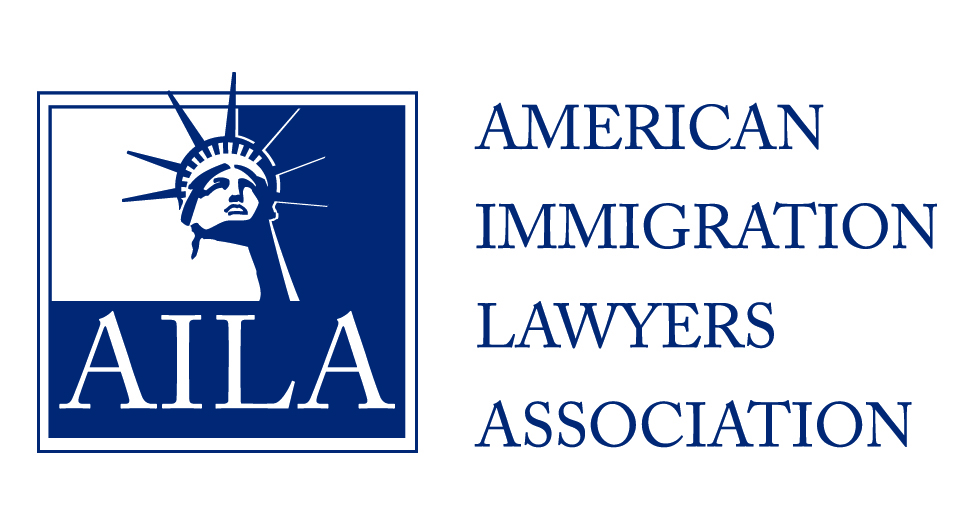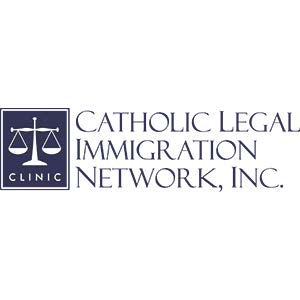Oklahoma UPL Statute Summary
49 OK Stat. §49-6. Authority – Provision of legal advice.
B. No notary public, except those who are licensed attorneys or otherwise authorized by law to represent persons on immigration or citizenship matters, shall hold himself or herself out as having expertise in providing legal advice on any proceeding, filing or action affecting the immigration or citizenship status of another person. For purposes of this section, “legal advice” means any direct or indirect advice or counsel related to provisions of the Immigration and Nationality Act including, but not limited to, assistance in the selection of immigration forms required by the Immigration and Nationality Act, advice or council related to responses to information required on forms by the Immigration and Nationality Act, or acting in a representative capacity in an attempt to redress wrongs or secure benefits provided by the Immigration and Nationality Act. Any notary public who provides nonlegal assistance on any proceeding, filing or action affecting the immigration or citizenship status of another person shall give the following notice to that person verbally and in writing: “I am not a licensed attorney or representative of any government agency with authority over immigration or citizenship and, therefore, cannot offer legal advice about immigration or any other legal matters.” If the notary public operates a business or advertises in any language other than English, such notice shall be given in both English and in the other language or languages. Literal translation of the phrase “notary public” into Spanish, hereby defined as “notario publico” or “notario”, is prohibited. For purposes of this section, “literal translation” of a word or phrase from one language to another means the translation of a word or phrase without regard to the true meaning of the word or phrase in the language which is being translated.
49 OK Stat §49-6.1.Violation of Section 6- Penalties
Any individual convicted of violating subsection B of Section 6 of Title 49 of the Oklahoma Statutes shall be guilty of a misdemeanor and shall be subject to a fine not to exceed One Thousand Dollars ($1,000.00). Upon receipt of a final judgment against a notary public for a violation of subsection B of Section 6 of Title 49 of the Oklahoma Statutes from a district court of this state or its equivalent from a foreign jurisdiction, the Secretary of State shall revoke the appointment of the notary for a period of eight (8) years.
Licensing Agency UPL Awareness
The Secretary of State’s office does not seem to investigate or enforce UPL, However, on the Notary Public FAQ page, they state:
Where should a person report illegal, improper or questionable acts by a notary public?
Persons suspected of any wrongdoing or mistakes acting as a notary public should be reported to the local police department and/or the district attorney’s office. Since The Oklahoma Secretary of State is not an enforcement agency and does not employ legal counsel, it cannot accept reports of misconduct. When a final judgment from an Oklahoma district court is rendered against a notary public for performing a false or fraudulent notarial act, the Secretary of State can then revoke the notary public’s appointment.
Enforcement Mechanisms/Complaint Processes for UPL
One may file a complaint under the Consumer Protection Act or the Deceptive Trade Practices Act with the Attorney General’s Public Protection Unit.
Compliant forms can be found here.
Reporting Ineffective Assistance of Counsel
To report ineffective assistance of counsel in Oklahoma, review the page on Lawyer Complaint Procedure from the Oklahoma State Bar, available here.
Contact Information for Relevant Agencies
Office of Attorney General .:
Office of Attorney GeneralConsumer Protection Unity
313 NE 21st Street
Oklahoma City, OK 73105
Tel: (405) 521-2029
Email: consumerprotection@oag.ok.gov
Notary Administration:
Notary Public ServicesSecretary of State
421 N.W. 13th Street, Suite 210
Oklahoma City, OK 73103
Tel: (405) 521-2516
Form Requests: (405) 521-3912
Fax: (405) 522-3555
Email: notary@sos.ok.gov
Becoming a Notary Public
Applicants must:
- Be a citizen of the United States.
- A legal resident of Oklahoma or an out-of-state resident who is employed within Oklahoma.
- Not have been convicted of a felony.
- Be at least 18 years of age or older.
Applicants must submit the application either online or by mail with the $25.00 fee. A commission will be issued upon approval of the properly completed application and receipt of the appropriate fee. The application can be accessed here.
The Secretary of State has an online tool to look up current notaries that may be accessed here.







